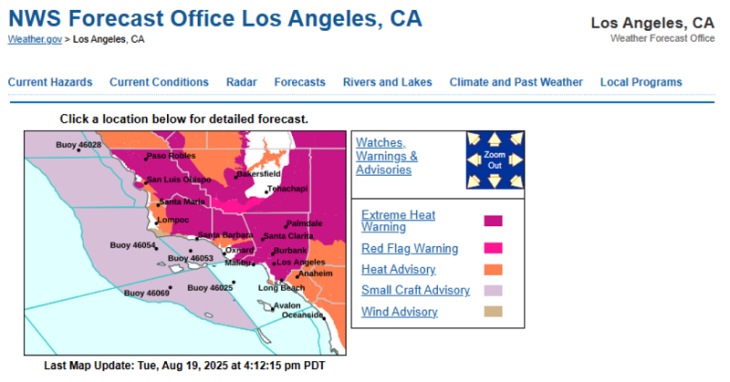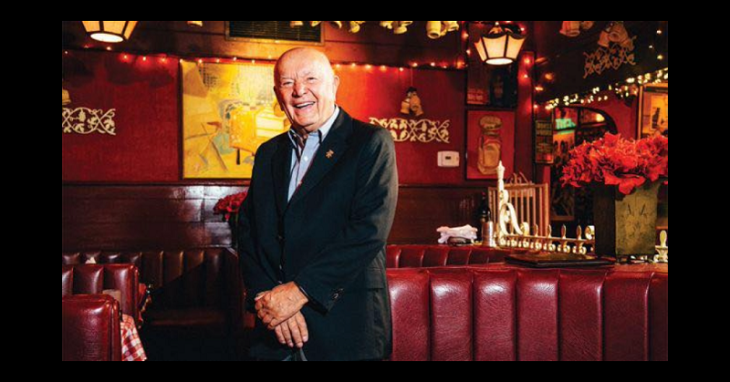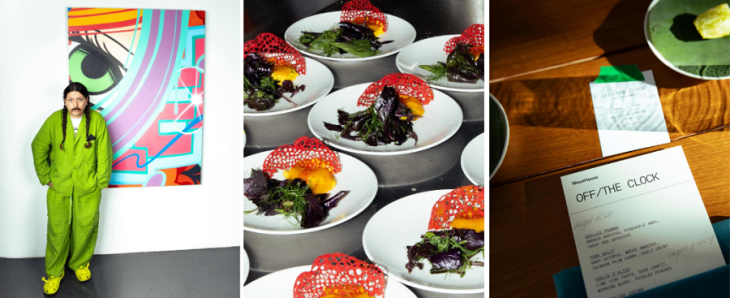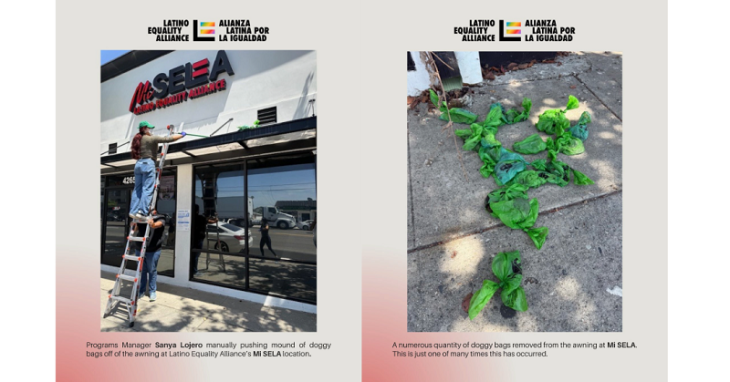Recent Legislation Impacts Fast-Food Workers, Dining Experiences, and Entertainment Venues
By Keemia Zhang
The new year marked a number of new California laws that came into effect – including ones that will impact restaurants, cafes, and bars, as reported by Eater.com.
For food industry employees, Assembly Bill 1228 – signed last September – will receive a raise in the minimum wage to $20 an hour while, though local lawmakers cannot raise the wage any higher until 2029. The bill also waived certain chains that produced their own bread, such as Panera Bread, from the law’s criteria – and declared that corporations would no longer be held responsible for workplace violations in franchised locations. Despite the bill’s debates over paid leave, the separate Senate Bill 616 ensures 40 hours of paid sick leave for workers per year.
However, the repercussions of this wage increase are already manifesting in the fast-food industry. Pizza Hut franchises in California have made a preemptive move, announcing the elimination of staff delivery driver positions in February, resulting in the unfortunate loss of 1,200 jobs. In a similar vein, industry giants like McDonald’s and Chipotle are contemplating menu price hikes as a response to heightened operating costs. The base pay jumps from $15.50 to $20. This minimum wage adjustment is set to take effect on April 1, 2024.
Restaurants and food service companies are now subject to a pair of liquor license changes: outdoor festivals taking place in neighborhoods are now permitted to have venues serve alcohol, while restaurants with a Type 41 license (beer and wine but no hard spirits permitted) can now serve Japanese Shōchū – as long as the ABV is below 24%.
Californian businesses must now work to ban “junk fees,” which include auxiliary fees charged by hotels, car rentals, and ticket sales groups – spurring discourse from the restaurant industry, which feared that service charges could be banned alongside them. Additionally, all businesses – including eateries – must label all single-user bathrooms as “all gender” restroom facilities.
Fascinatingly, the California golden chanterelle (scientifically known as the Cantharellus Californicus) has now been, as of AB 261, officially declared our state mushroom. Exhibit some state pride and see how it tastes in a sandwich.
In the realm of pandemic-era relief, Assembly Bill 1217 brings about a notable extension for outdoor dining. California, under the new law, allows outdoor, patio, and al fresco dining to persist until July 1, 2026, going beyond the previous expiration date of 2024, as outlined in AB 617.
Businesses in the state are also grappling with changes mandated by AB 783. This legislation now requires all single-user restrooms to be labeled as “all-gender toilet facilities,” with businesses notified of this signage update during the filing or renewal of their business licenses.
These legislative changes mark a comprehensive shift in various aspects of California’s business and labor policies, reflecting a dynamic response to evolving societal and economic needs.























